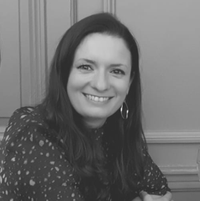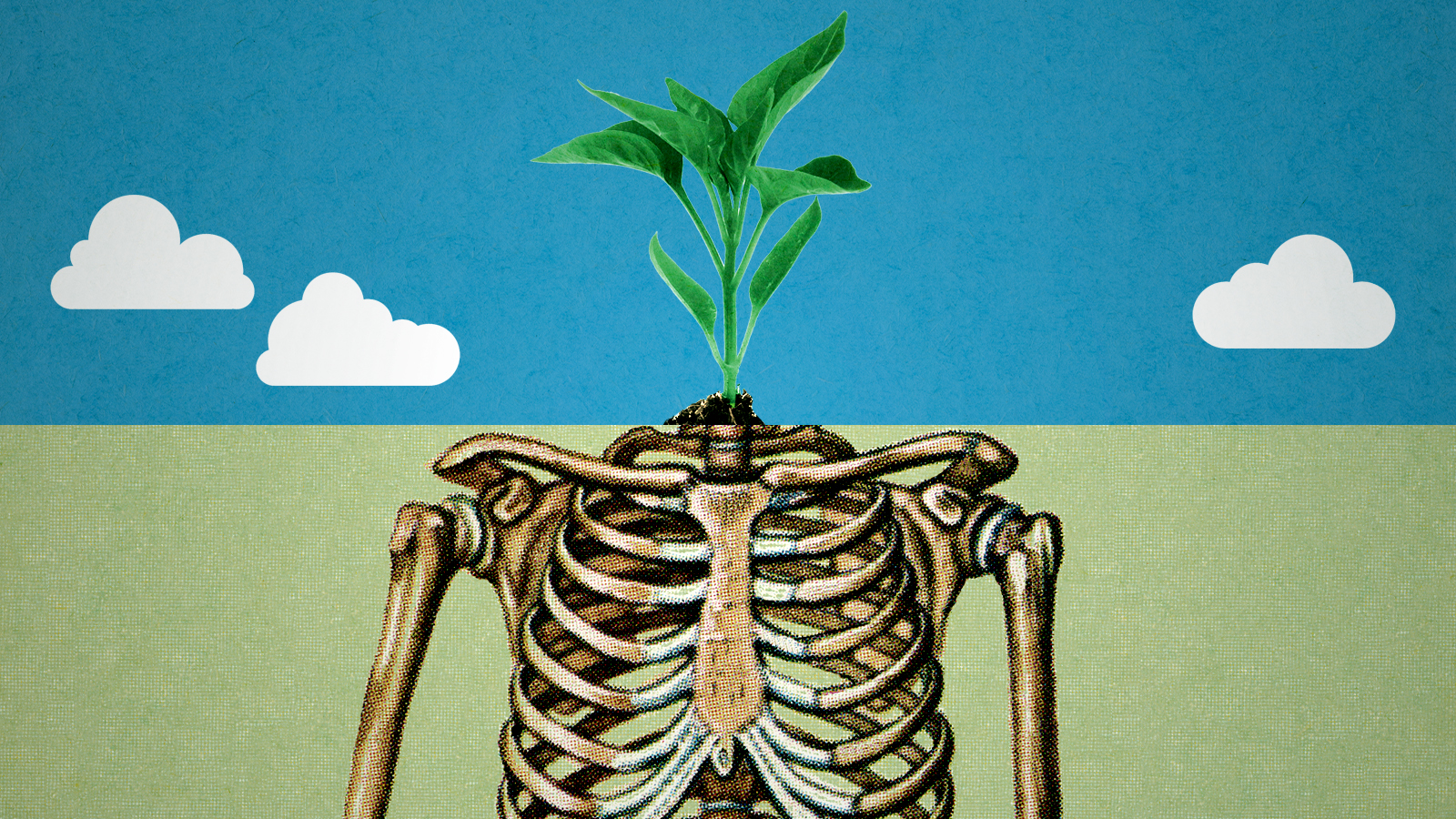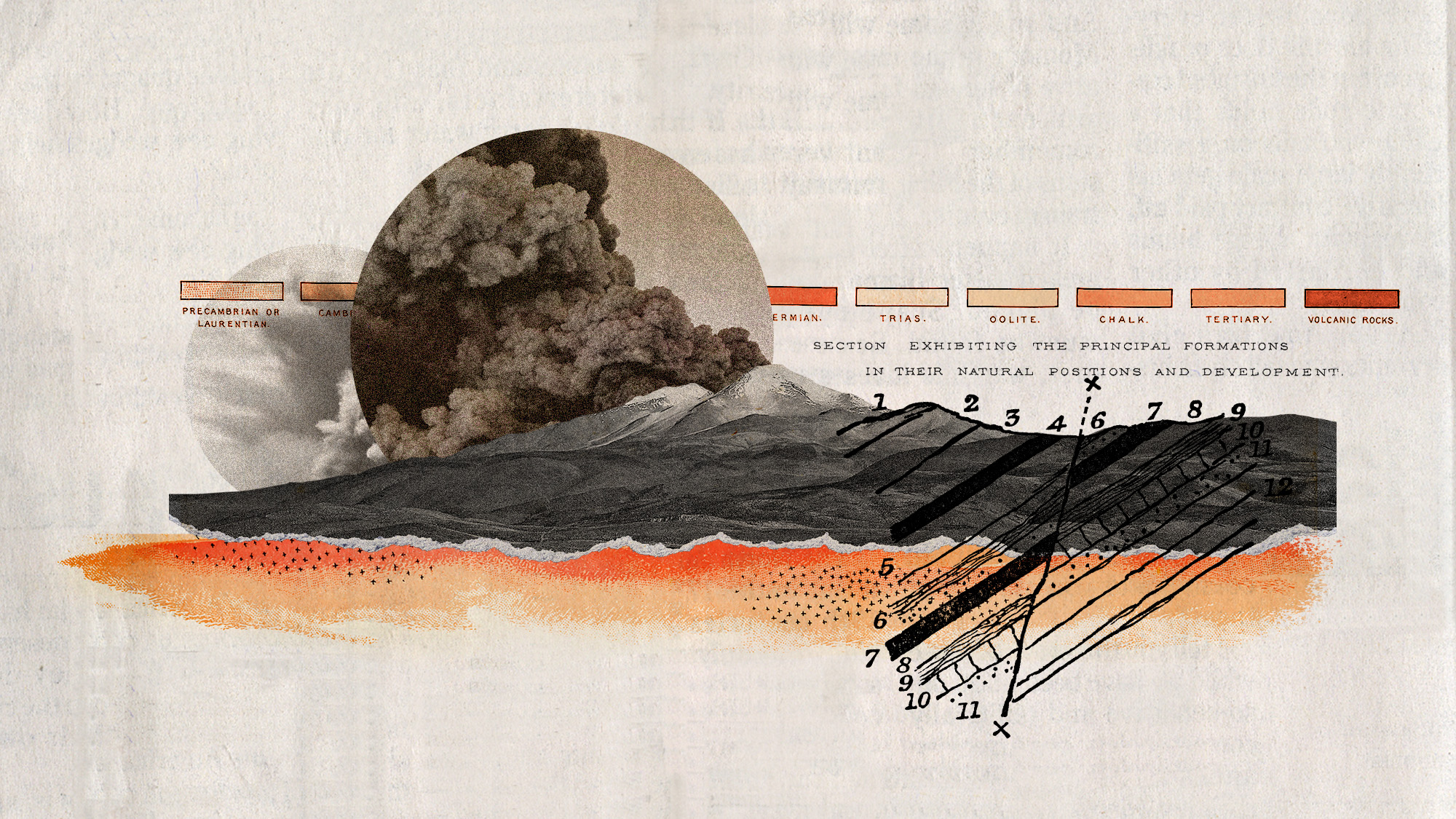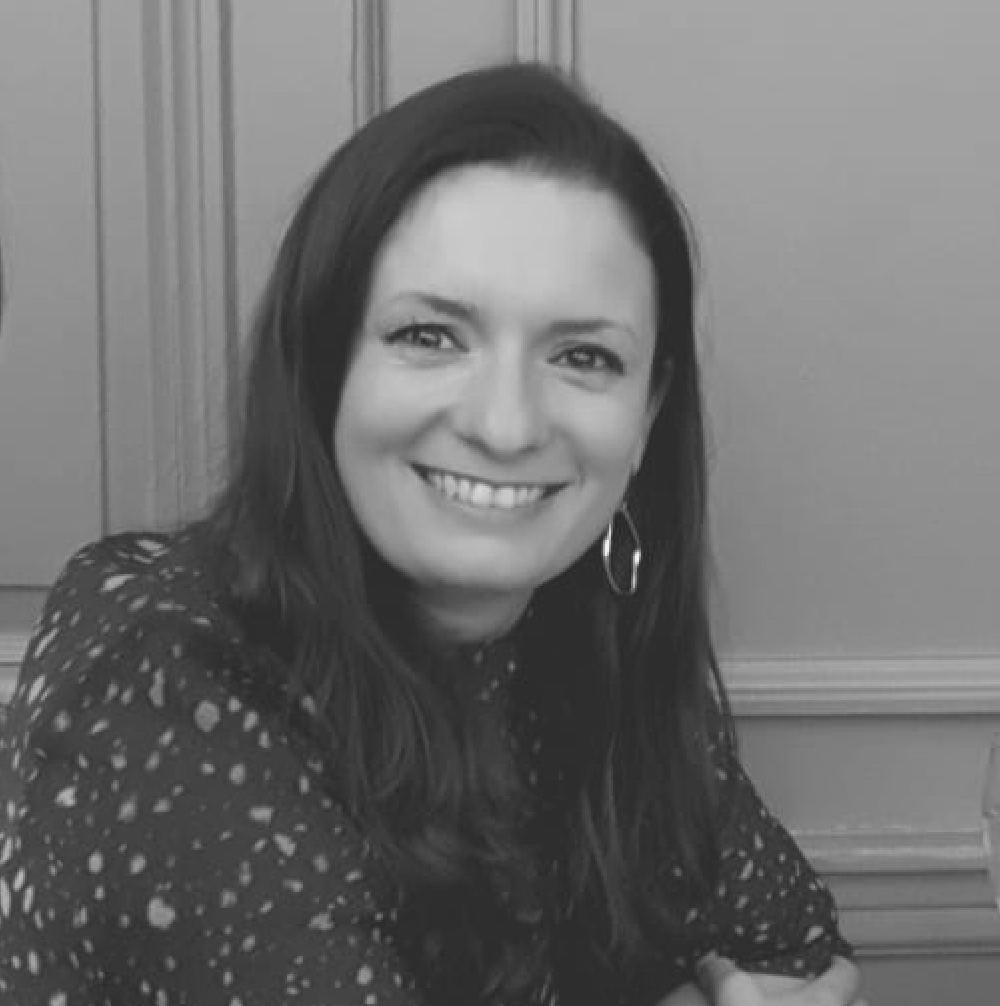Americans are bad at talking about death, and it's hurting the environment
The path to more eco-friendly burials starts with uncomfortable conversations about death


A free daily email with the biggest news stories of the day – and the best features from TheWeek.com
You are now subscribed
Your newsletter sign-up was successful
How often do you think about your own death? The answer is probably along the lines of "rarely, if ever." Death denial is commonplace in the United States; indeed, in Western countries, people tend not to die at all, but "pass on" or "slip away" instead. Our own death, in particular, is something we try to avoid thinking about until we really have no choice in the matter.
This is perfectly understandable behavior. Thinking about death can be scary for many reasons, from fears about dying in pain to contemplating what happens after death. Longer lifespans and medical advances have made it easier to delay thinking about mortality. But death denial has many disadvantages, too. Avoidance can actually increase — not lessen — anxiety. We also risk leaving behind grieving loved ones who aren't clear on our final wishes. Death denial is not just bad for individuals, either: There's plenty of evidence to show that it is harmful to the environment, too.
Traditional funeral options are less than eco-friendly. In the U.S., some estimates suggest that cremation emits approximately 360,000 metric tons of CO2 each year. According to the Green Burial Council, heating a furnace at 2,000 degrees Fahrenheit for two hours produces roughly the same emissions as driving 500 miles in a car. Burials pose their own set of problems: Caskets and vaults use a large amount of natural resources. Casket wood alone requires the felling of 30 million board feet of wood in the U.S. each year, and thousands of tons of steel and concrete are used to construct vaults. Embalming fluid (which contains carcinogenic chemicals) can contaminate groundwater around cemeteries.
The Week
Escape your echo chamber. Get the facts behind the news, plus analysis from multiple perspectives.

Sign up for The Week's Free Newsletters
From our morning news briefing to a weekly Good News Newsletter, get the best of The Week delivered directly to your inbox.
From our morning news briefing to a weekly Good News Newsletter, get the best of The Week delivered directly to your inbox.
At a time when large corporations are regularly held to account for their green principles, the funeral industry is one of the few players to escape the scrutiny of its practices. A culture of death denial facilitates this situation. In a society where death is considered "morbid," who wants to build their activism around something that most of us avoid discussing? Prominent figures like Greta Thunberg rarely venture into the murky world of deathcare. On Instagram, eco influencers are far more comfortable snapping pictures of avocado on toast than discussing the perils of embalming fluid.
Things weren't always this way. In the early 1900s, Americans lived in close proximity to the dead and dying. Bedside vigils, in which the entire family gathered around a dying relative, were extremely common. Most people died in their home, leaving family members to prepare the body. Historians argue that this changed when end-of-life care moved to hospitals and funeral parlors began looking after dead bodies. Death became far less visible. When people today view an open casket, the corpse is altered so as to hide the physical effects of death. This evolution from death in close proximity to death being hidden and painted over has fueled a tendency toward death avoidance which, when compared to many other world cultures, is a complete anomaly.
Fortunately for our planet, change is on the horizon. Several environmentally-friendly deathcare options are springing up across the United States. From water burials to natural organic reduction or "human composting," the green deathcare industry is taking root. But in order to fast forward the process of offering people legalized, eco-friendly deathcare choices, we have to talk more openly about death and dying to begin with.
In practical terms, avoiding death talk allows myths and assumptions about funeral care to flourish. Just over half of Americans choose cremation each year, partly due to a (false) perception that it's good for the environment. Caitlin Doughty, a prominent mortician and "death positive" advocate, has also reported instances of bereaved families being informed that embalming is a legal requirement — it isn't. No state requires embalming or even burial inside a vault. If you've lived your whole life trying to reduce your carbon footprint, understanding what is and isn't legal can help make your death greener, too.
A free daily email with the biggest news stories of the day – and the best features from TheWeek.com
People often say they "want to be a tree" after they die. But when we don't examine traditional deathcare closely enough, it's easy to overlook the fact that ash from cremated remains doesn't enrich soil, while traditional burial prevents bodies from mingling with the earth. Setting aside time to explore other funeral options reveals the different ways that our remains can help plants grow. "Green burial" generally describes an unembalmed body placed in a shroud or biodegradable coffin, which is lowered directly into the ground. This allows the body to decompose into the surrounding earth. No state laws forbid green burial, and a growing number of cemeteries are offering this service. Human composting uses a combination of microbes, oxygen, and organic matter to convert corpses directly into soil. It's legal in Colorado, Oregon, and Washington, and bills are being considered in several other states.
There are some disadvantages to green deathcare. At the moment, price can be an issue. For society's poorest, direct cremation (no viewing or visitation) costs as little as $1,000. Human composting, on the other hand, is priced between $7,000 to $10,000. There may also be religious issues pertaining to human remains; Washington's legalization of human composting was opposed by Catholic groups who argued that composting didn't show enough respect for the deceased body.
However, green deathcare will only become more affordable and widespread (for those who want it) if we learn how to talk about death in the first place. Of course, it can initially be uncomfortable to think about ourselves turning into ash or soil. But having as much information as possible about a topic is always empowering — even when it comes to your own death.
Rachel Ashcroft is a freelance journalist with words in The Economist, History Today, Arc Digital and more. She also writes fiction and produces a weekly Substack newsletter on philosophy and wine.
-
 Why are election experts taking Trump’s midterm threats seriously?
Why are election experts taking Trump’s midterm threats seriously?IN THE SPOTLIGHT As the president muses about polling place deployments and a centralized electoral system aimed at one-party control, lawmakers are taking this administration at its word
-
 ‘Restaurateurs have become millionaires’
‘Restaurateurs have become millionaires’Instant Opinion Opinion, comment and editorials of the day
-
 Earth is rapidly approaching a ‘hothouse’ trajectory of warming
Earth is rapidly approaching a ‘hothouse’ trajectory of warmingThe explainer It may become impossible to fix
-
 5 recent breakthroughs in biology
5 recent breakthroughs in biologyIn depth From ancient bacteria, to modern cures, to future research
-
 Canyons under the Antarctic have deep impacts
Canyons under the Antarctic have deep impactsUnder the radar Submarine canyons could be affecting the climate more than previously thought
-
 What would happen to Earth if humans went extinct?
What would happen to Earth if humans went extinct?The Explainer Human extinction could potentially give rise to new species and climates
-
 Bacteria can turn plastic waste into a painkiller
Bacteria can turn plastic waste into a painkillerUnder the radar The process could be a solution to plastic pollution
-
 Scientists want to regrow human limbs. Salamanders could lead the way.
Scientists want to regrow human limbs. Salamanders could lead the way.Under the radar Humans may already have the genetic mechanism necessary
-
 Is the world losing scientific innovation?
Is the world losing scientific innovation?Today's big question New research seems to be less exciting
-
 Breakthrough gene-editing treatment saves baby
Breakthrough gene-editing treatment saves babyspeed read KJ Muldoon was healed from a rare genetic condition
-
 A zombie volcano is coming back to life, but there is no need to worry just yet
A zombie volcano is coming back to life, but there is no need to worry just yetUnder the radar Uturuncu's seismic activity is the result of a hydrothermal system
